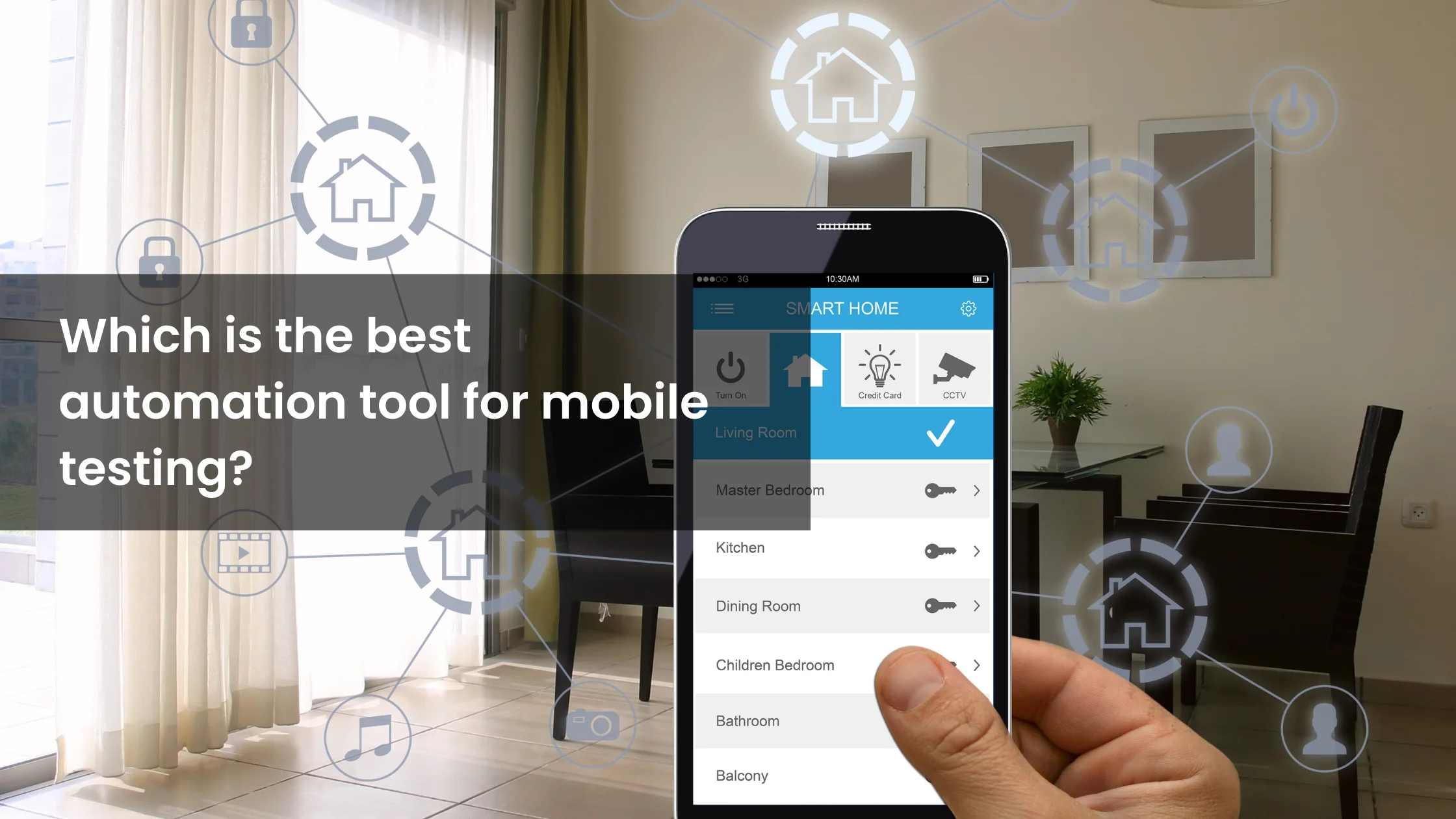The software industry in 2025 is like a fast-paced Bollywood blockbuster—thrilling, unpredictable, and full of surprises. Software testing, the unsung hero behind every seamless app experience, is evolving at a dazzling speed. New tools and technologies are revolutionizing the way QA engineers, technology professionals, and business leaders approach testing. Buckle up as we dive into the top 10 software testing tools and technologies that are set to define 2025.
1. Selenium: The Evergreen Classic
Selenium continues to be a go-to tool for automation testing. Its robust framework, wide language support, and open-source nature make it a favorite among QA engineers.
- Features: Supports multiple browsers, reusable scripts, and extensive integrations.
- Use Cases: Ideal for web application testing in industries ranging from e-commerce to finance.
Explore Automation Testing Services here.
2. Appium: King of Mobile Testing
As mobile apps dominate the digital space, Appium's versatility for iOS and Android testing shines brightly.
- Features: Open-source, supports native, hybrid, and mobile web apps, multi-platform support.
- Use Cases: Popular in healthcare, banking, and retail app testing.
Learn more about Mobile Application Testing.
3. TestComplete: Comprehensive and User-Friendly
An intuitive tool designed for testers of all expertise levels, TestComplete is redefining user experience in testing.
- Features: Record-and-playback, AI-driven test object recognition, cross-platform testing.
- Use Cases: Excellent for regression testing in enterprises.
Understand Regression Testing Services.
4. Cypress: The JavaScript Lover’s Dream
Cypress has gained massive traction for its seamless integration with JavaScript frameworks.
- Features: Real-time reloads, time travel debugging, and built-in waits.
- Use Cases: Perfect for agile teams working on modern web applications.
5. JUnit: The Pioneer for Java Testing
JUnit remains the trusted companion for Java-based unit testing.
- Features: Annotations for test methods, assertions for testing expected results.
- Use Cases: Highly adopted in enterprise software development.
6. Postman: The API Testing Powerhouse
APIs are the backbone of modern software. Postman ensures they function as intended.
- Features: Intuitive UI, automated testing, and detailed documentation tools.
- Use Cases: Essential for developers and testers working in fintech and SaaS.
Discover API Testing Services.
7. Katalon Studio: All-in-One Awesomeness
For teams seeking simplicity and power, Katalon Studio delivers the perfect balance.
- Features: Record-and-playback, built-in keyword libraries, and CI/CD integration.
- Use Cases: Widely used in automation testing for web, mobile, and APIs.
8. AI-Based Testing Tools
AI is revolutionizing testing by automating mundane tasks and improving accuracy. Tools like Testim.io and Applitools use AI to optimize test creation and execution.
- Emerging Trend: AI in software testing ensures faster bug detection and predictive analytics.
Explore AI Application Testing Services.
9. Cloud-Based Testing Platforms
Platforms like BrowserStack and Sauce Labs are game-changers for remote testing.
- Features: Cloud-based infrastructure, instant access to multiple device and OS combinations.
- Use Cases: Cost-effective for startups and large enterprises alike.
10. IoT Testing Tools
As the Internet of Things (IoT) ecosystem grows, tools like IoTIFY ensure the reliability of connected devices.
- Features: Simulate real-world conditions, validate data flows, and ensure device interoperability.
- Use Cases: Essential for industries like smart homes, healthcare, and automotive.
Learn more about IoT Device Testing.
Emerging Trends in 2025
- AI Integration: Expect tools that predict bugs before they occur.
- Automation Everywhere: From test creation to execution, automation will dominate.
- Cloud Testing: Seamless, scalable, and accessible testing environments.
Workflow Example: Automated Testing with AI
Imagine an e-commerce application launch. AI-driven tools automate the entire workflow, from test case generation to regression testing, ensuring every feature works flawlessly.
**Conclusion: **
The future of software testing is here, and it’s more dynamic than ever. By embracing these tools and technologies, you can ensure your testing strategies are future-proof. Ready to leap into 2025?
Contact us today to supercharge your QA game!
 Let’s talk about mobile testing. In a world where our phones are practically an extension of ourselves, ensuring that mobile apps work flawlessly is more crucial than ever. So, you’re probably wondering, “Which is the best automation tool for mobile testing?” Well, buckle up, because we’re about to take a fun ride through the world of mobile testing tools!
Let’s talk about mobile testing. In a world where our phones are practically an extension of ourselves, ensuring that mobile apps work flawlessly is more crucial than ever. So, you’re probably wondering, “Which is the best automation tool for mobile testing?” Well, buckle up, because we’re about to take a fun ride through the world of mobile testing tools!